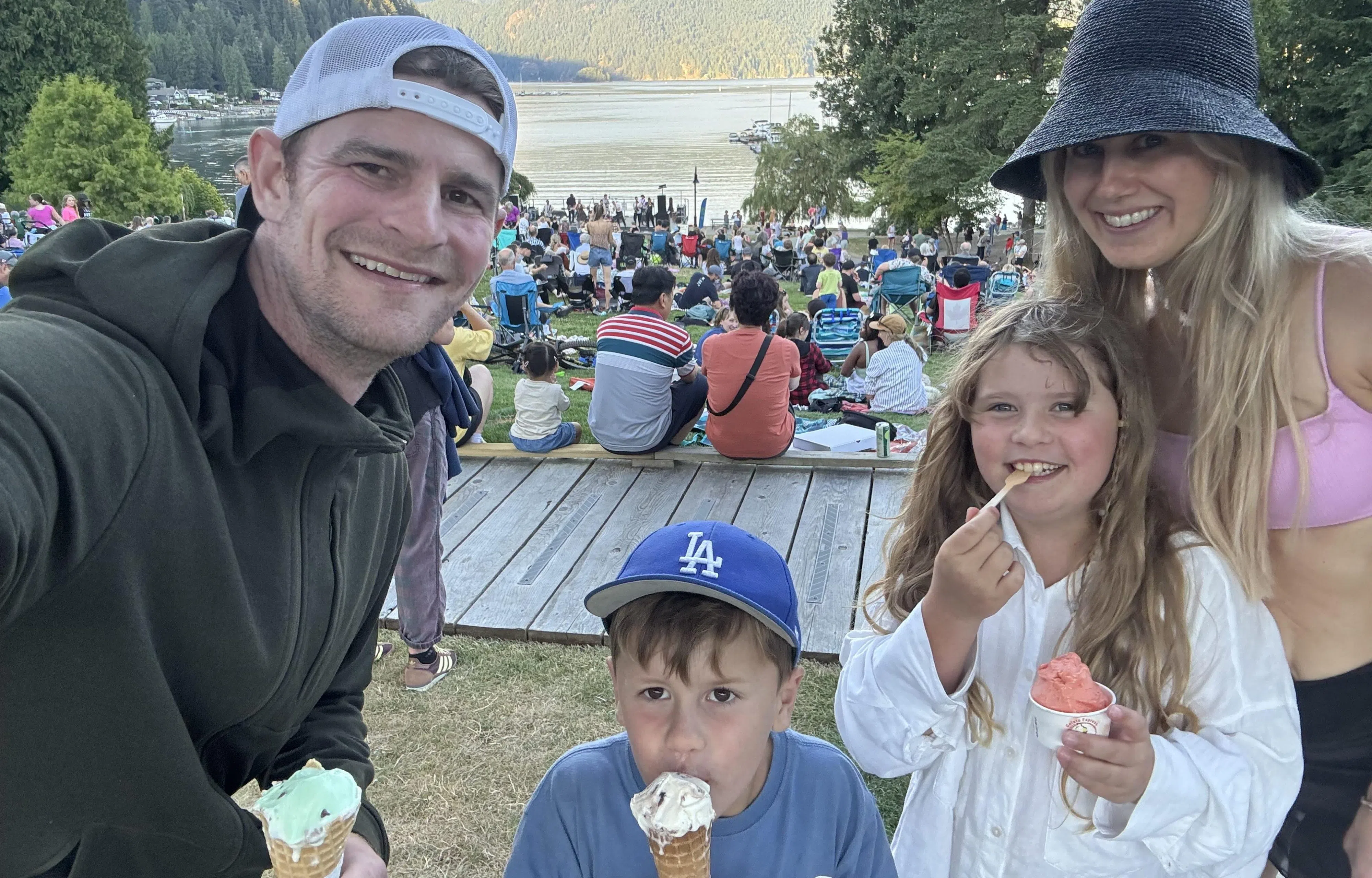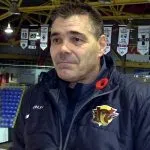
Two dominant seasons with contrasting styles
Cam Paddock chuckles over the phone, thinking about one of the most common questions he’s ever been asked: which Kelowna Rockets team was better, the 2003 squad that captured the Western Hockey League championship, or the 2004 group that fell in the Western Conference final but showed its true mettle by winning the Memorial Cup.
Paddock, 19 on the 2003 team and 20 the following season, pauses, as if preparing to pick his words carefully. He’s been asked this question enough times to have a strategy.
“Oh, that’s a tough one,” he said, smiling at the memory of a team that won 51 games in 2002-03 before following up with 47 wins and the WHL regular-season crown.
“We had more scar tissue in 2004 after losing at the Memorial Cup in 2003,” he continued. “We were relentless in 04. We knew we were a good team and had a chance to win in that 2003 tournament. We dominated Gatineau in the semi-finals, and just couldn’t sneak one past their goalie.”


Comments